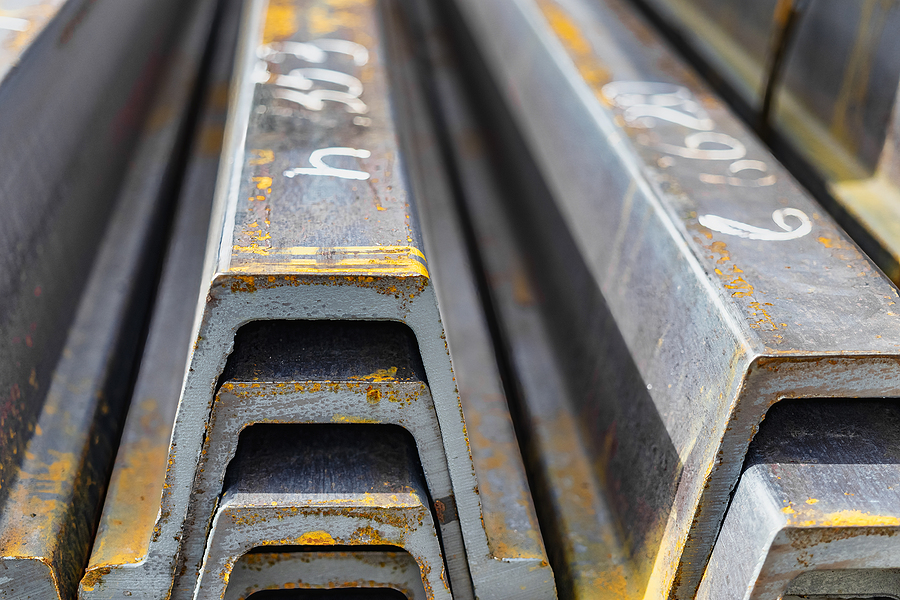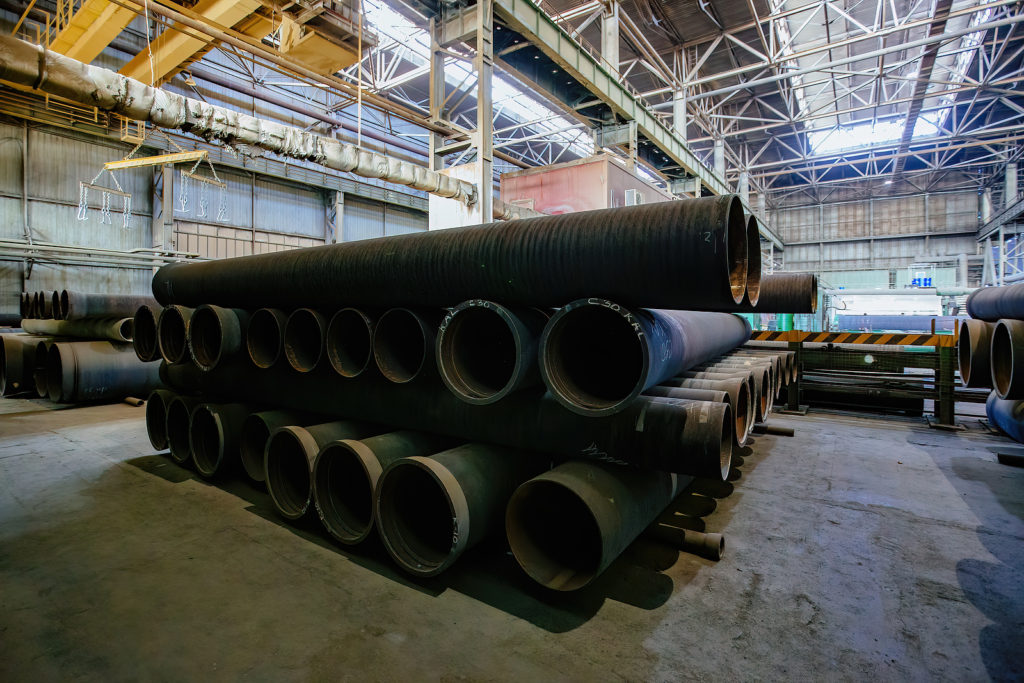Recycling iron is a great way to reduce your environmental footprint and save money. Iron is the most recycled ferrous metal in the world and recycling it can help conserve natural resources while also reducing energy costs associated with manufacturing new products from raw materials.
Recycling iron also reduces air and water pollution caused by mining and smelting operations, as well as providing an alternative to land filling or incinerating scrap metal. In addition, many communities offer financial incentives for recycling metals like iron, so you may even be able to make some extra cash from your efforts! Read on to learn more about the benefits of recycling iron for both the environment and your wallet.

Reasons Why Iron Recycling is Vital
Reduces Mining
The first major benefit of recycling iron is that it reduces the need to mine and smelt ore. Mining raw materials for new products can create a large amount of toxic waste, which can contaminate groundwater and air as well as damage fragile ecosystems in the area. By reusing scrap metal instead, we’re able to avoid these negative impacts while also saving energy costs associated with mining and smelting operations.
Decreases Energy Costs
Next, recycling iron helps save money by reducing energy costs associated with manufacturing new products from scratch. Manufacturing metals like iron requires high temperatures, so using scrap metal instead saves energy that would otherwise be required to heat up the material before processing it. Additionally, some communities offer financial incentives for those who recycle their scrap metal, so you may even be able to make some extra cash from your efforts!
Conserves Natural Resources
Recycling iron helps conserve natural resources and reduce waste in landfills or incinerators. Recycling reduces the amount of virgin ore that needs to be mined and smelted for new products. It also keeps scrap metals out of landfills and incineration, helping to minimize air and water pollution caused by these disposal methods.
Boosts the Economy
Finally, metal recycling is not only beneficial for the environment but can also have a positive impact on the economy. The process of metal recycling involves collecting and converting scrap metal into new products, which reduces the need for mining and manufacturing new metal. This saves energy and resources, ultimately leading to a reduction in costs for manufacturers and consumers.
Additionally, metal recycling creates new job opportunities and stimulates economic growth. The industry provides employment for a significant number of people in areas such as transportation, sorting, processing, and distribution. In fact, it is estimated that the recycling industry supports almost half a million jobs in the United States alone. Therefore, by reducing waste and increasing employment opportunities, metal recycling is an important contributor to the economy.
In Summary
In conclusion, recycling iron is beneficial for both your wallet and the environment. Not only does it help conserve natural resources, but it also can save energy costs associated with mining and manufacturing processes. Additionally, many communities offer financial incentives for those who recycle their scrap metal – making this an easy way to contribute to a more sustainable future. So, start saving money and protecting the planet by recycling your iron today!
Are you looking for the best way to get rid of scrap iron materials in your neighborhood? Just contact Zore’s Recycling at 317-244-0700 for professional and hassle-free ferrous metal recycling services in Indianapolis, Indiana. We pay cash on the spot for all grades of scrap iron, including furniture, auto parts, hardware, and appliances.
Related Posts:
What Are the Different Types of Metals that Can Be Recycled?
Can Cast Iron Be Recycled?
Facts About Ferrous and Non-Ferrous Metal Recycling


